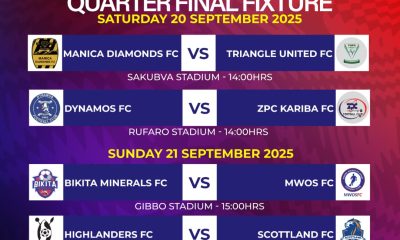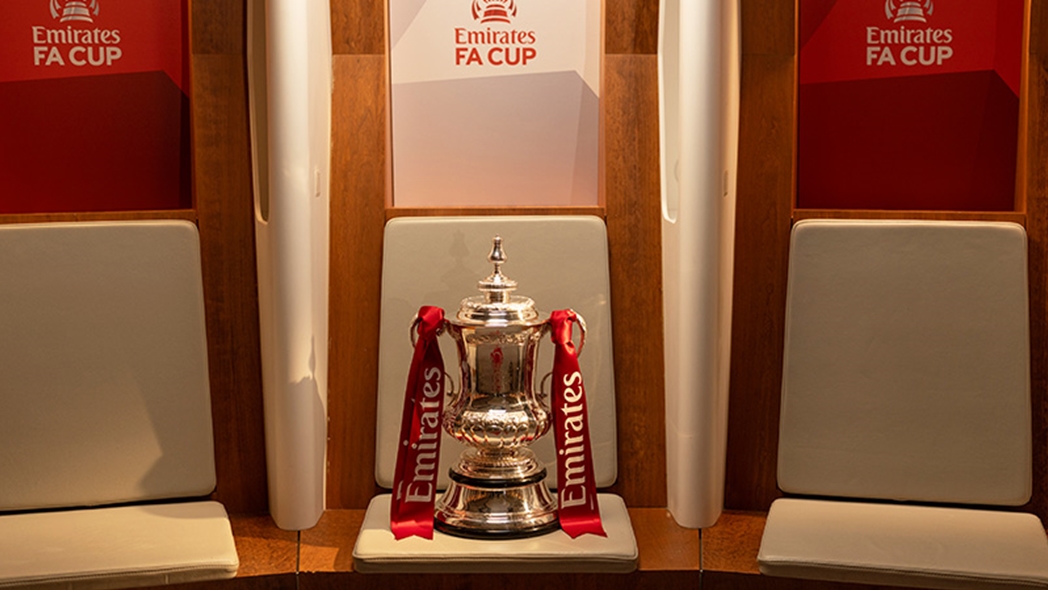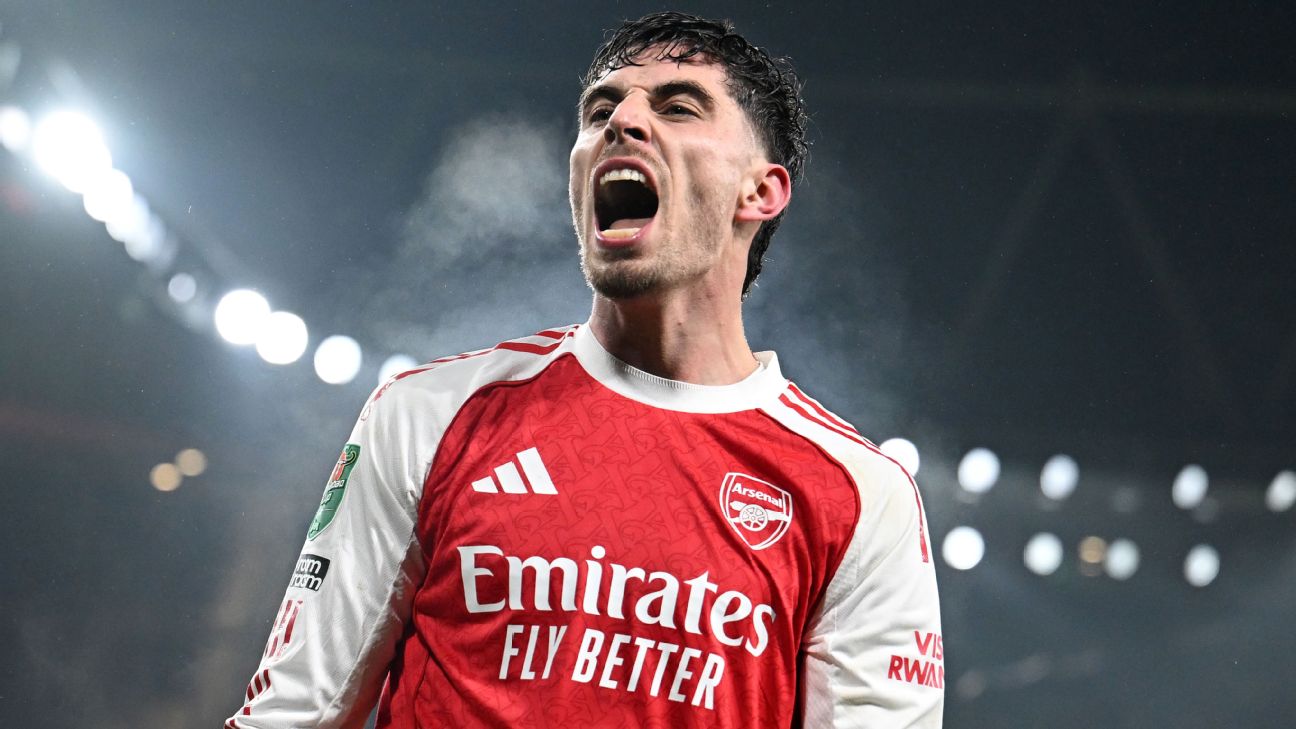Football
Triangle United Edge Past Kwekwe United to Advance in Chibuku Super Cup
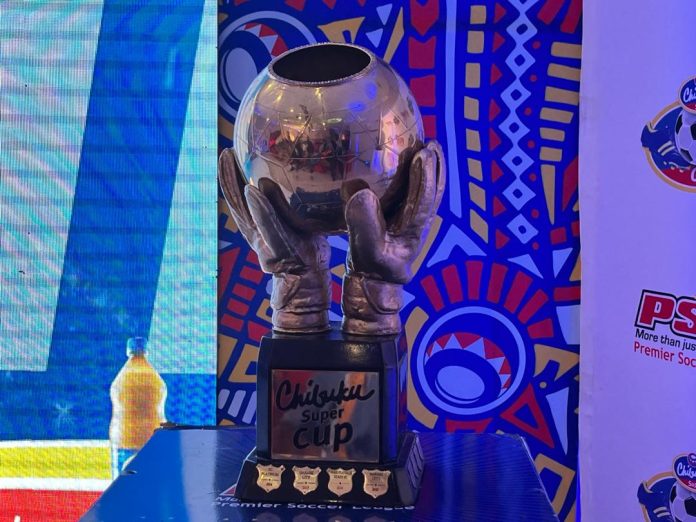
Football
Emirates FA Cup fifth round draw Results
The Emirates FA Cup fifth round draw has been made for the 2025-26 season, with the eight ties to be scheduled for the weekend of 7-8 March 2026.
Football
Arsenal Beat Chelsea to Reach Carabao Cup Final
Arsenal secured their place in the Carabao Cup final after defeating Chelsea 1–0 in the second leg of the semi-final at the Emirates Stadium. The victory sealed a 4–2 aggregate win for the Gunners, booking their first domestic cup final appearance since 2020.
Football
Nakamba Signs with Sheffield Wednesday
Sheffield Wednesday, a Championship (English second-tier) club, has signed Zimbabwe international Marvelous Nakamba on a deal until the end of the season after he was released by League One (English third tier) side Luton Town FC.
-

 Latest6 months ago
Latest6 months agoBunjira’s Wife Dies Three Days After Accident
-
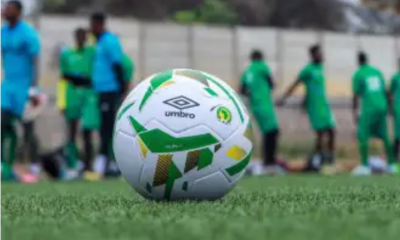
 Football7 months ago
Football7 months agoFC Platinum Suspend Players Over Suspected Match Fixing
-

 Football7 months ago
Football7 months agoSportBrief and NetOne Launch Exciting New Game Show: Score Big with NetOne
-

 Football7 months ago
Football7 months ago“Lets goooooo” Garnacho issues two-word message as Man Utd exit officially confirmed
-
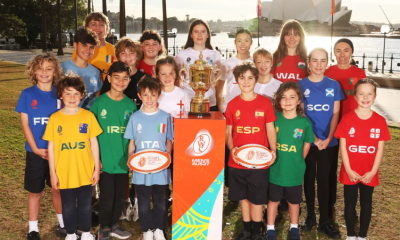
 Rugby7 months ago
Rugby7 months agoMen’s Rugby World Cup 2027 ticketing programme unveiled
-
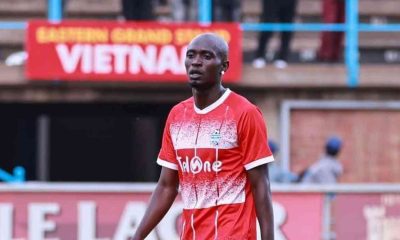
 Football7 months ago
Football7 months agoMonday Spotlight: Washington Navaya – The Navigator in Demand
-

 Football7 months ago
Football7 months agoViktor Gyokeres will be in London today for his Arsenal medical
-
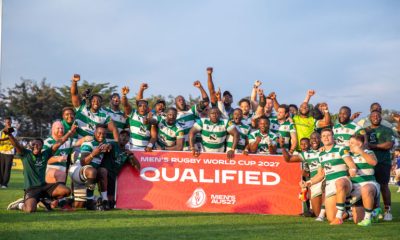
 Rugby7 months ago
Rugby7 months agoZimbabwe hold on to book first Rugby World Cup spot since 1991









